- Introduction
- Understanding Grief
- People Grieve Differently
- The Brain Fog of Grief
- The Vocabulary of Grief
- Grievers Don’t Need to be Fixed
- Misconceptions About Grief
- There Are No Orderly and Predictable Stages In Grief
- When Caring People Say Dumb Things When You’re Grieving
- What to Say to Others When You’re Grieving
- The Impact of Who you Lost and How you Lost Them
- Heavy Grief Days
- The Grief Letter
- Ways to Remember Them
- Permissions for Grievers
- Creating Bright Spots in the Midst of Grief
- Why Are Many Grievers Not Comfortable Crying In Front of Others?
- Why Grievers Don’t Need to Be Strong
- Do I Just Need Time to Heal From Grief?
- Why Do Grieving People Get the Message They Shouldn’t Be Sad?
- Is Staying Busy Good for Grief?
- The Isolation of Grief
- Can You Fill the Void Left by the Death of Loved One?
- How Long Does the Pain of Grief Last?
- How Do You Get Over Grief?
- I Don’t Want to Forget My Loved One Who Died
- Relationships Change After Loss
- Why Don’t Friends and Family Understand Your Grief?
- How to Tell Others What You Need in Your Grief
- Grief Can Cause You to Re-evaluate Relationships
- I Lost My Spouse and My Friends
- All the Phases in the Grief Journey
- I’m Grieving and Just Barely Surviving
- Why Do I Feel Like I Am Just Existing in My Grief?
- When Will I Be Ready for Grief Counseling?
- Can You Heal Your Grief?
- Living Again After Losing a Loved One
- How Grief Affects Mental Health
- Grief & Depression
- How Trauma Affects Your Grief
- Co-Dependency and Grief
- Should I take medication for my grief?
- The Uniqueness of Grieving A Suicide
- Suicide Shock: I Can’t Believe They Did It
- Feeling Blame and Shame After a Suicide
- The Abandonment of Suicide
- The Stigma of Suicide
- Interview with widow who lost two husbands by suicide
- Losing Your Husband to Suicide
- What To Do With Your Loved One’s Belongings After They Die
- No Cost Financial Coaching & Planning for Widows: Chris Bentley
- Hope When Shattered By Grief
- Answers to Your Questions About Grief
- Introduction
- Is Being Angry at God a Sin After My Loved One Died?
- Where Did My Peace, Joy and Gratitude Go after I lost my loved one?
- Can Grief and Hope Co-Exist?
- Why Does God Heal Some People But Not Others?
- Is Suicide an Unforgivable Sin?
- Why Do I Dislike Platitudes and Bible Verses?
- Why Did God Let My Loved One Die?
Foundations Of Grief
14 Episodes
All Series
-
Foundations Of Grief
14 Episodes -
Misconceptions About Grief
12 Episodes -
Relationships After Loss
5 Episodes -
The Grief Journey
6 Episodes -
Grief & Mental Health
5 Episodes -
Grieving A Suicide
6 Episodes -
Conversations On Grief
4 Episodes -
Grief Talks
1 Episodes -
Questions Grieving Christians Ask
8 Episodes
Foundations Of Grief
14 Episodes
Episodes in This Series
-
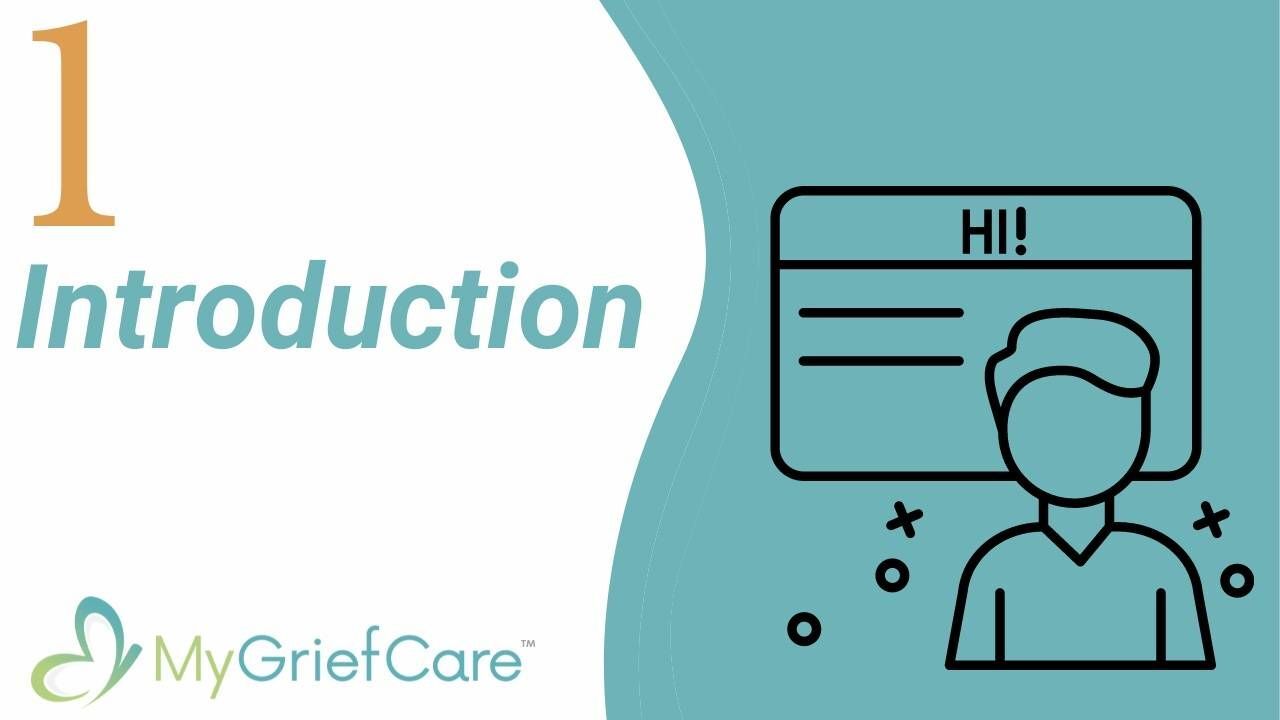
Introduction
-
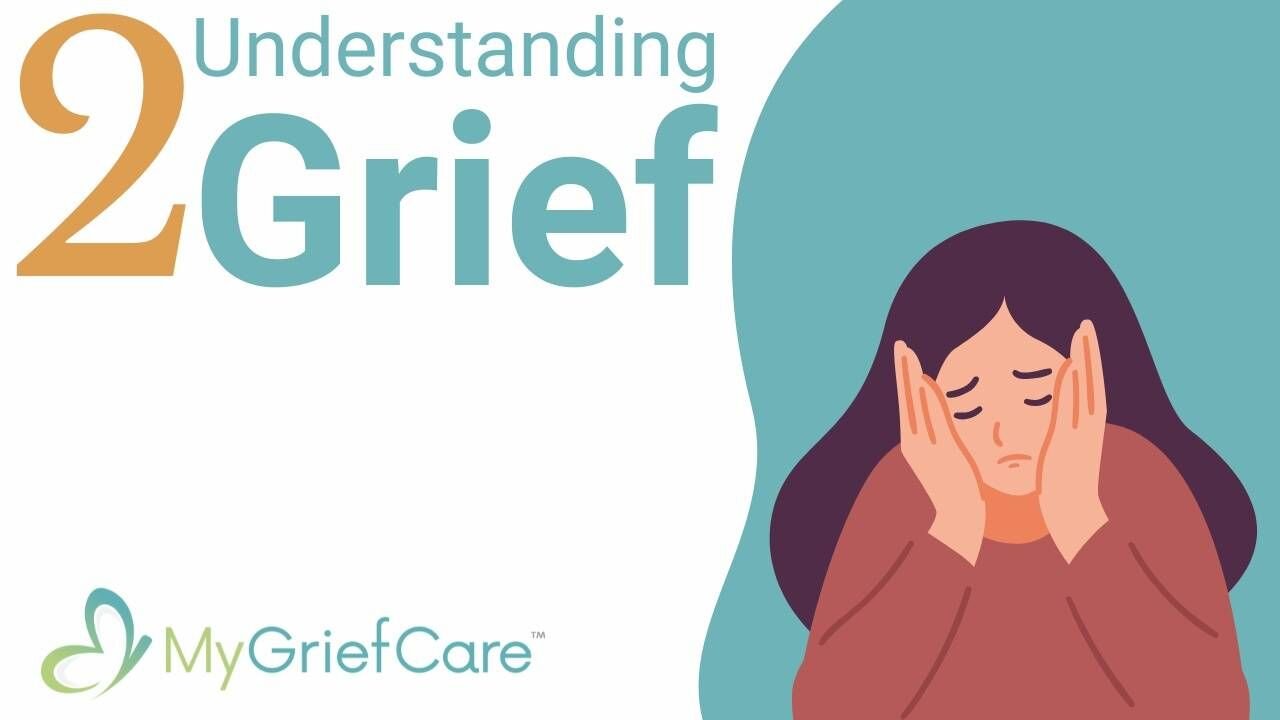
Understanding Grief
-
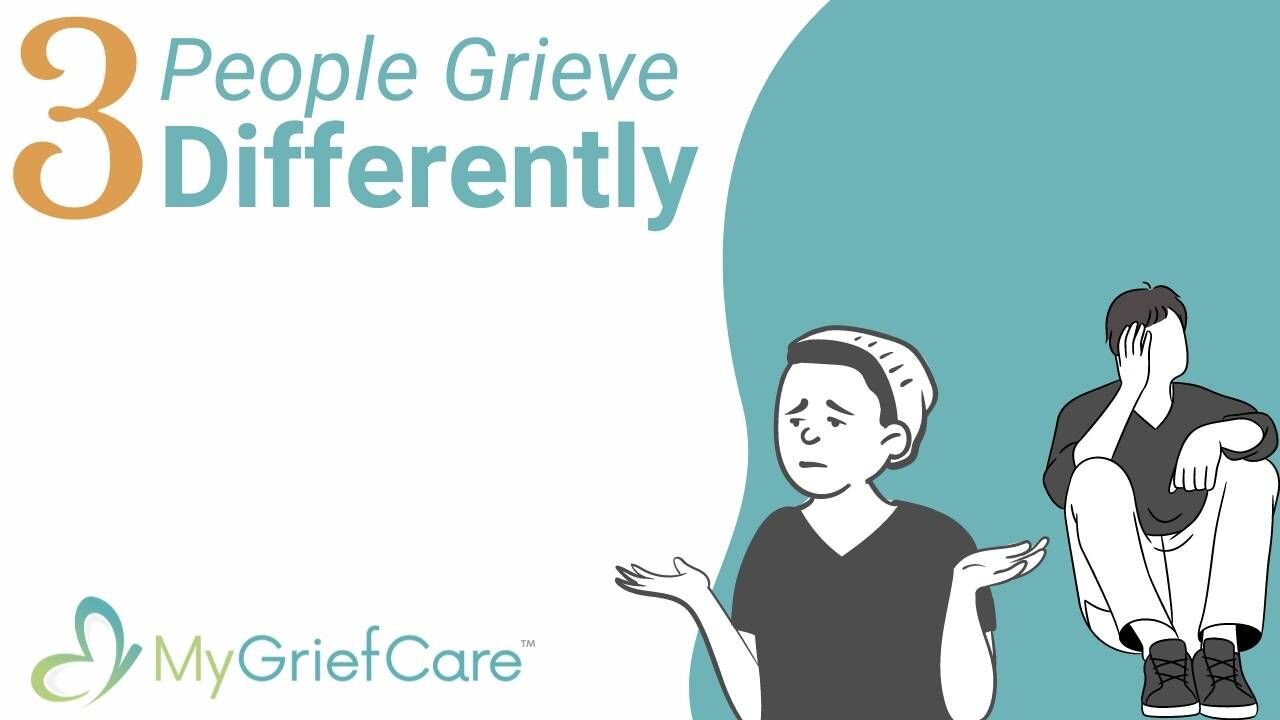
People Grieve Differently
-
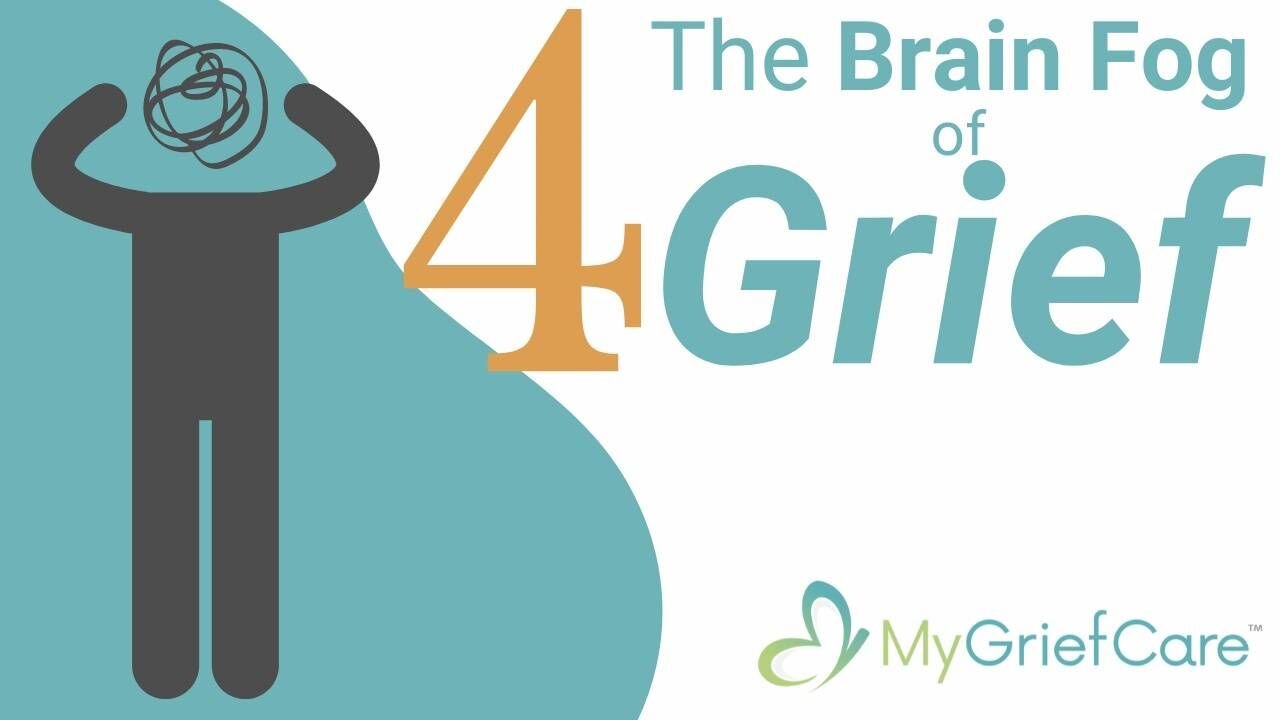
The Brain Fog of Grief
-
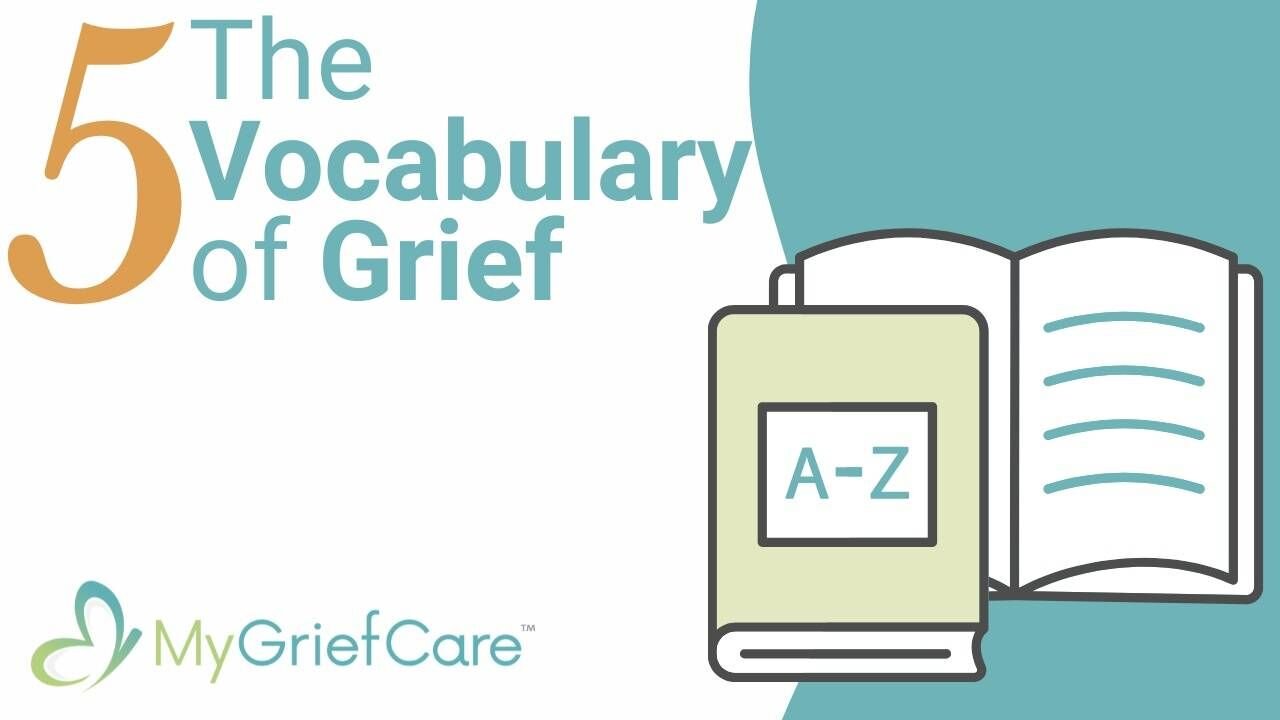
The Vocabulary of Grief
-
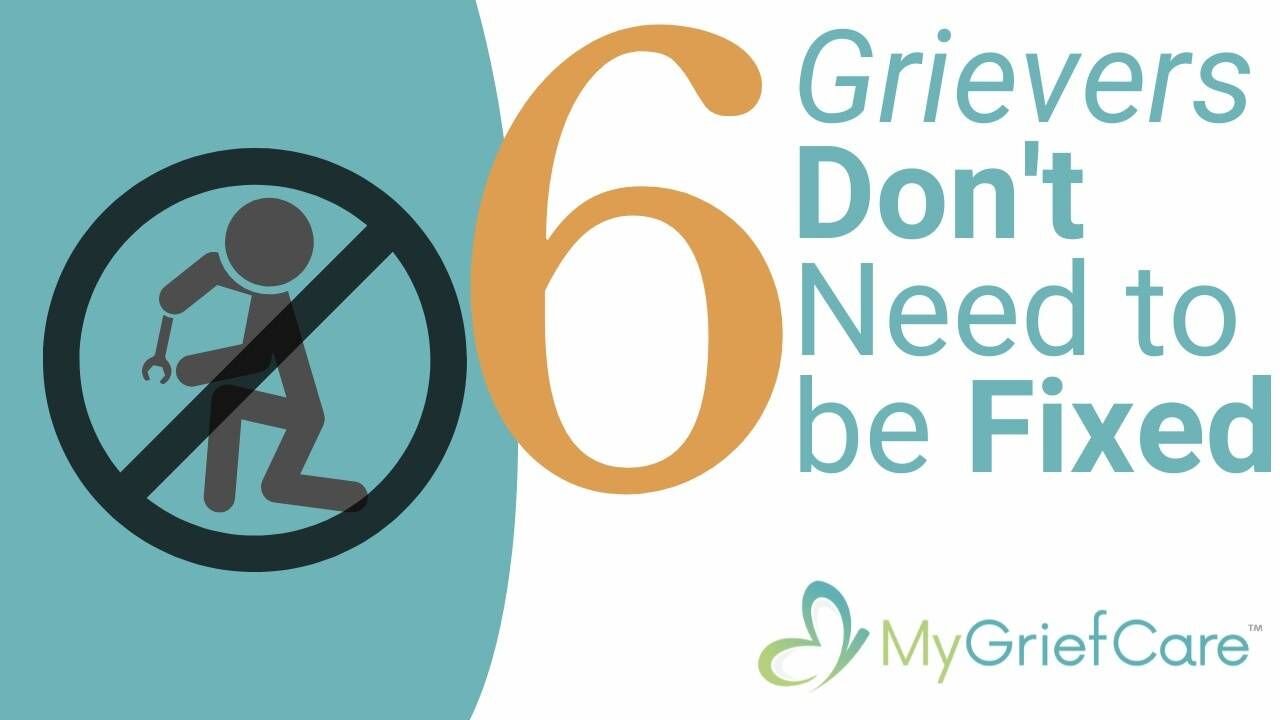
Grievers Don’t Need to be Fixed
-
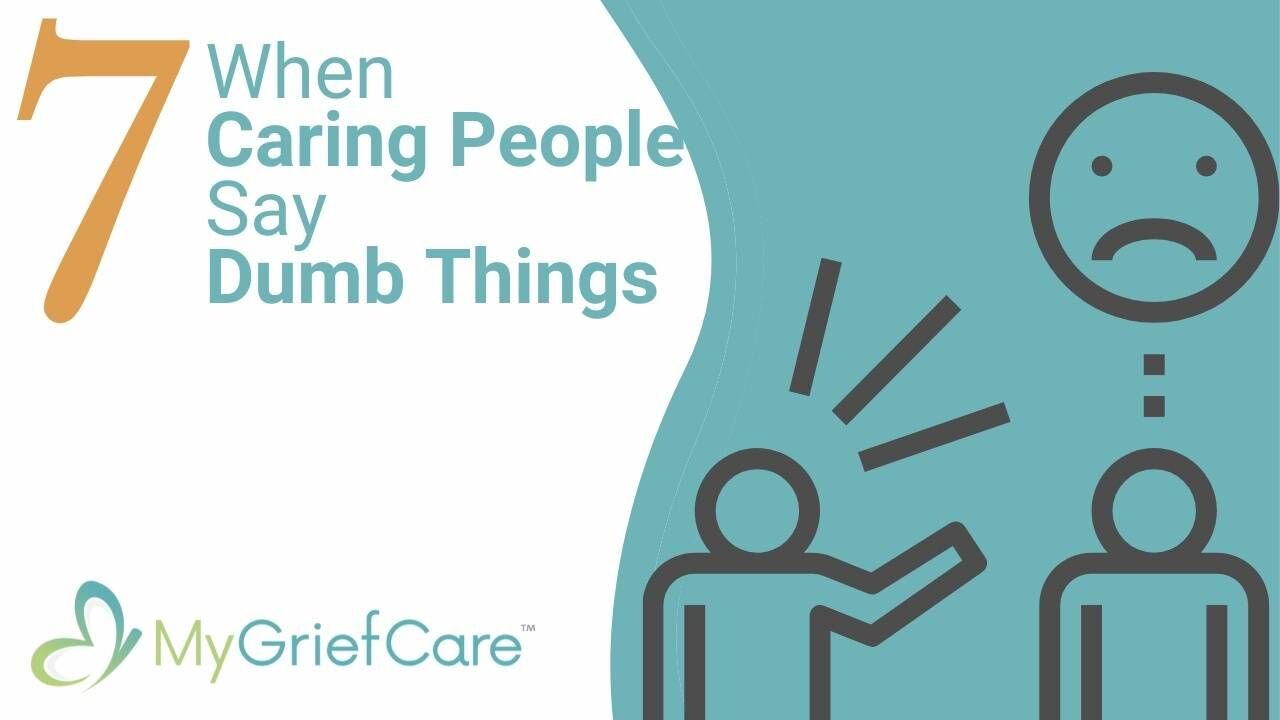
When Caring People Say Dumb Things When You’re Grieving
-
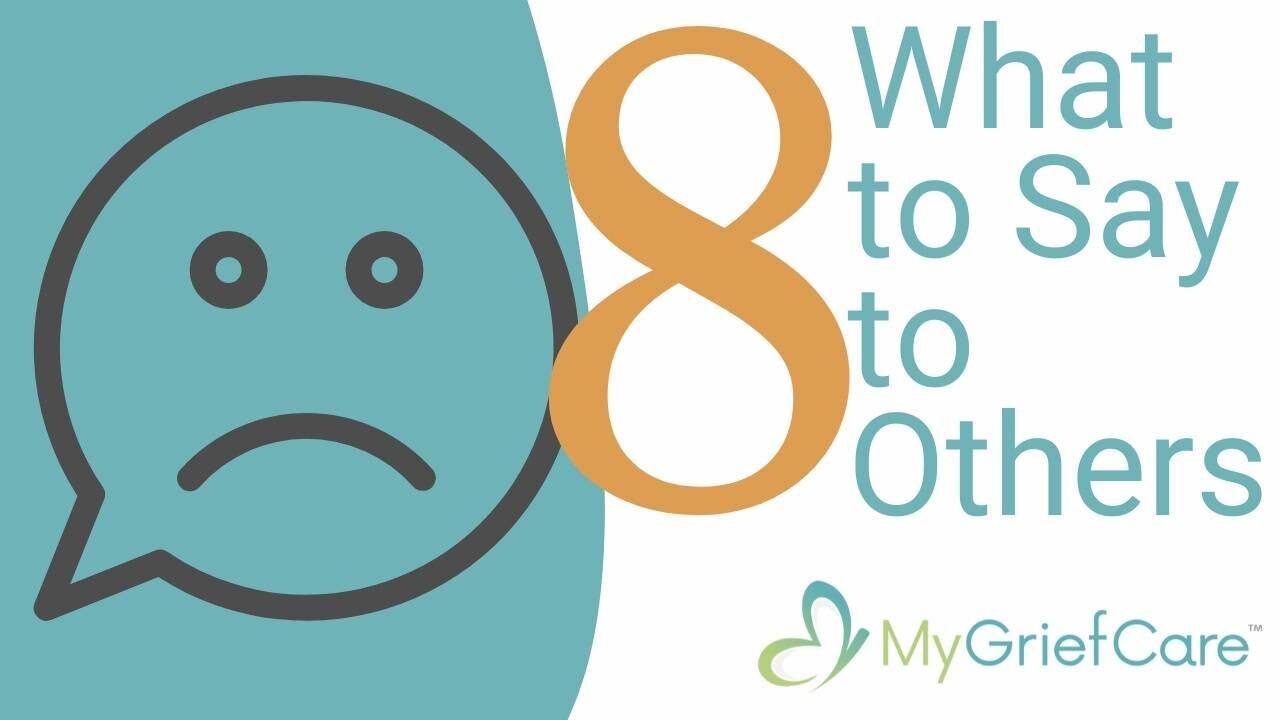
What to Say to Others When You’re Grieving
-
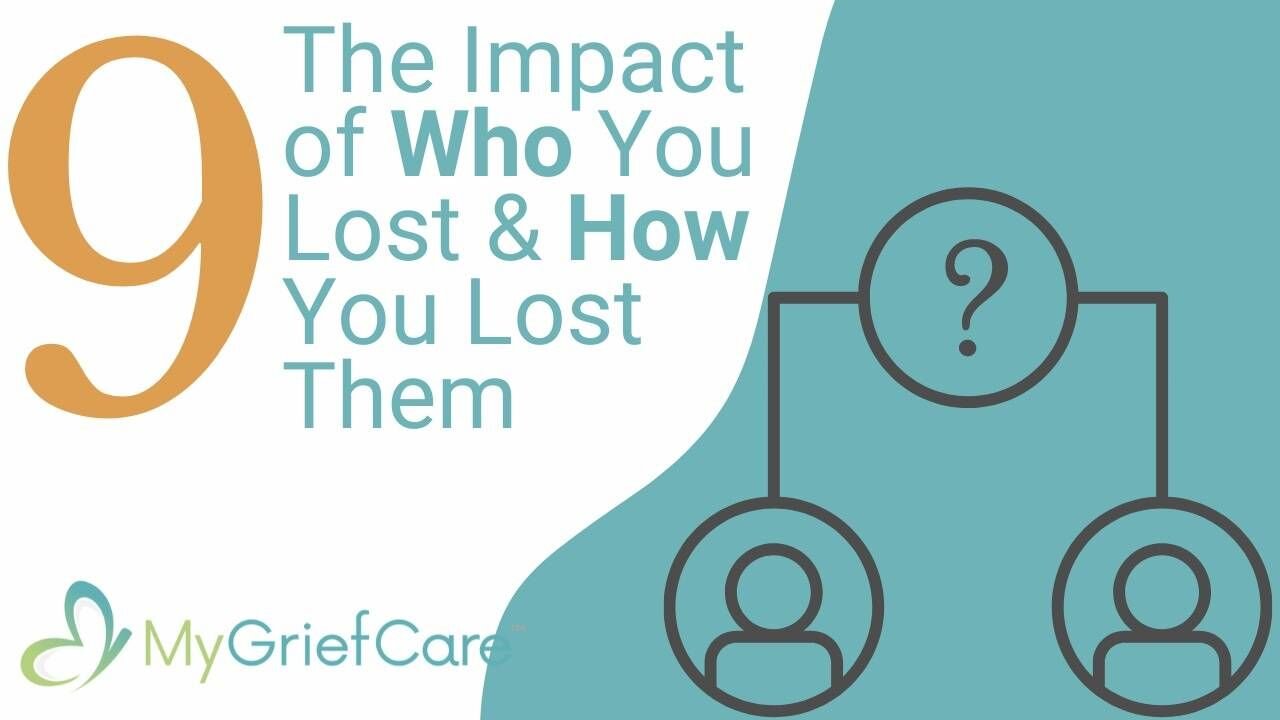
The Impact of Who you Lost and How you Lost Them
-
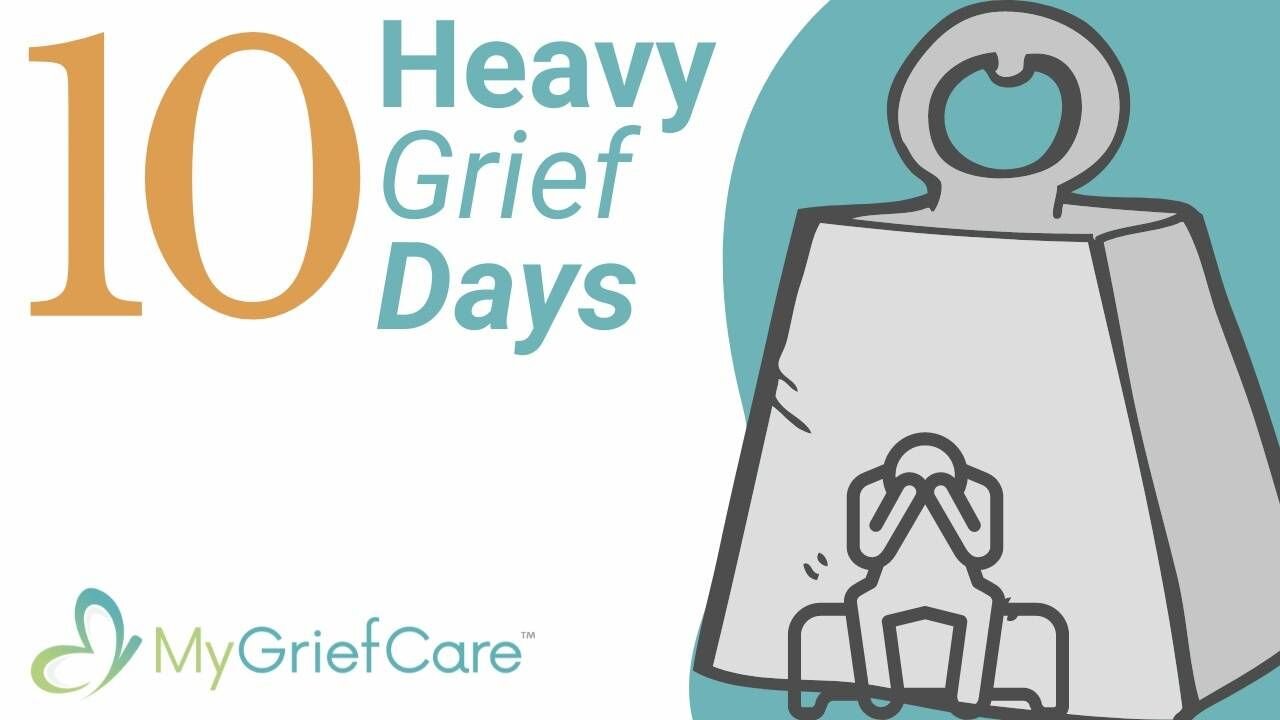
Heavy Grief Days
-
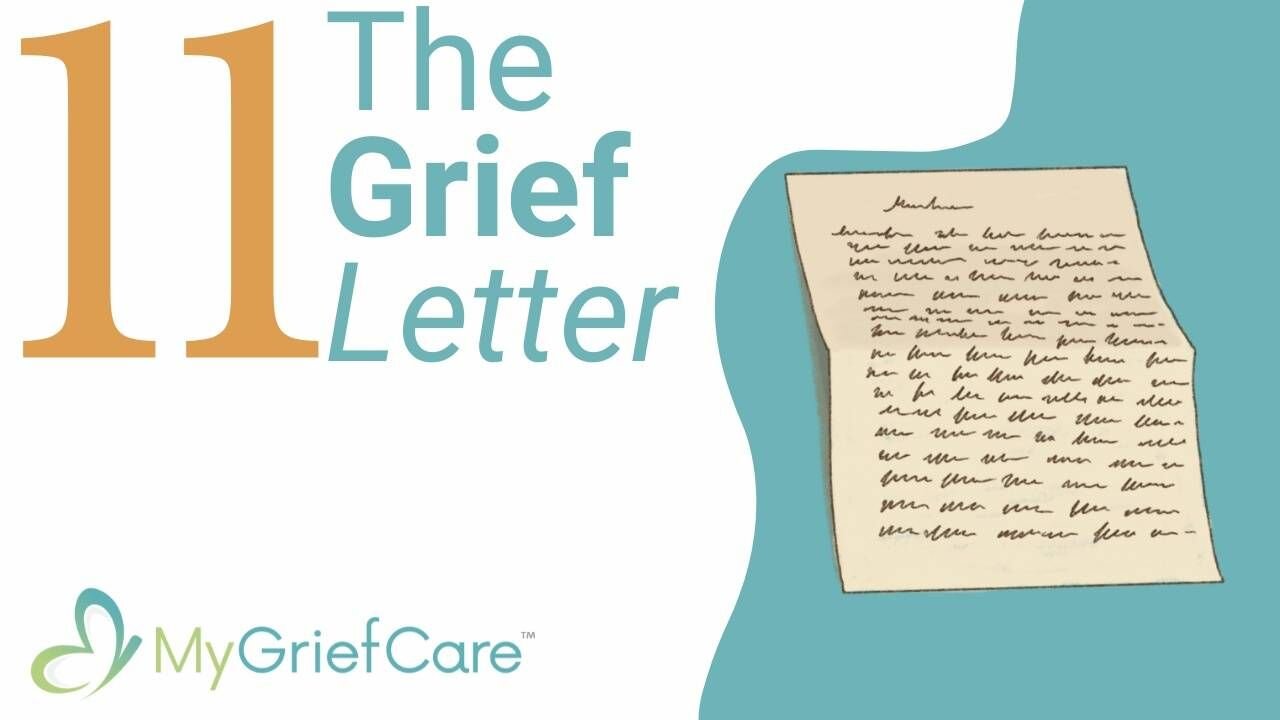
The Grief Letter
-
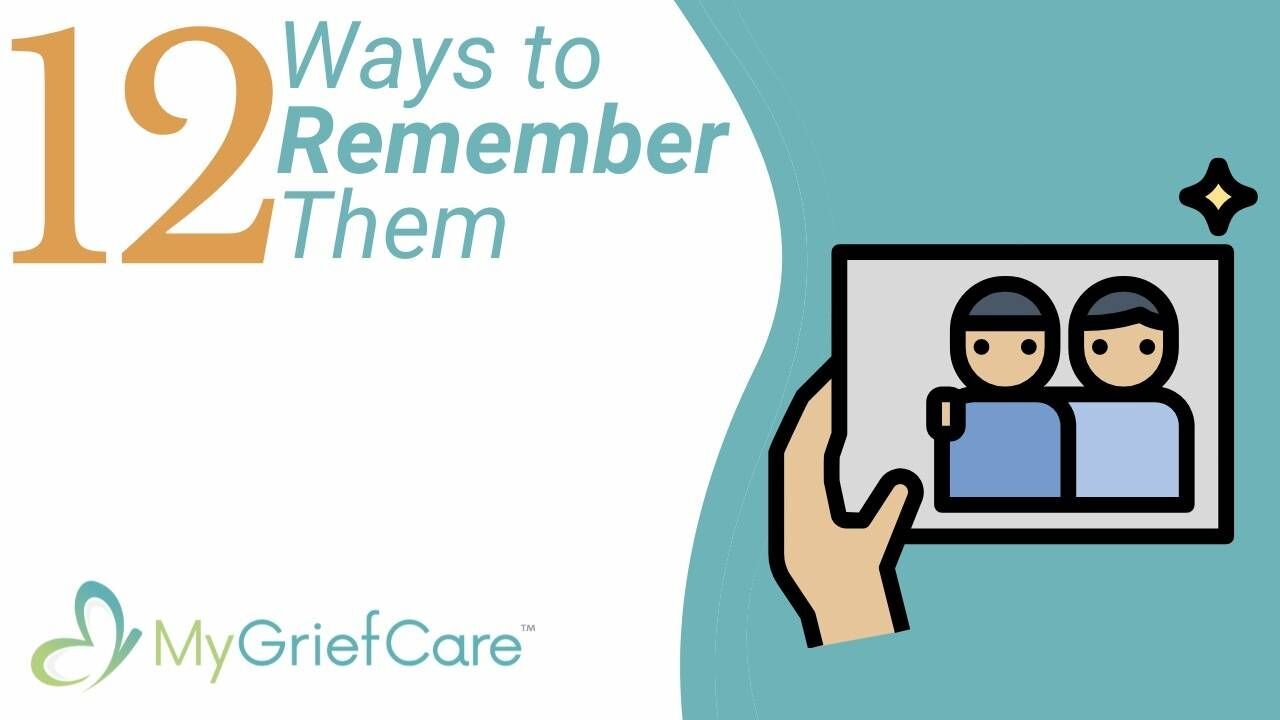
Ways to Remember Them
-
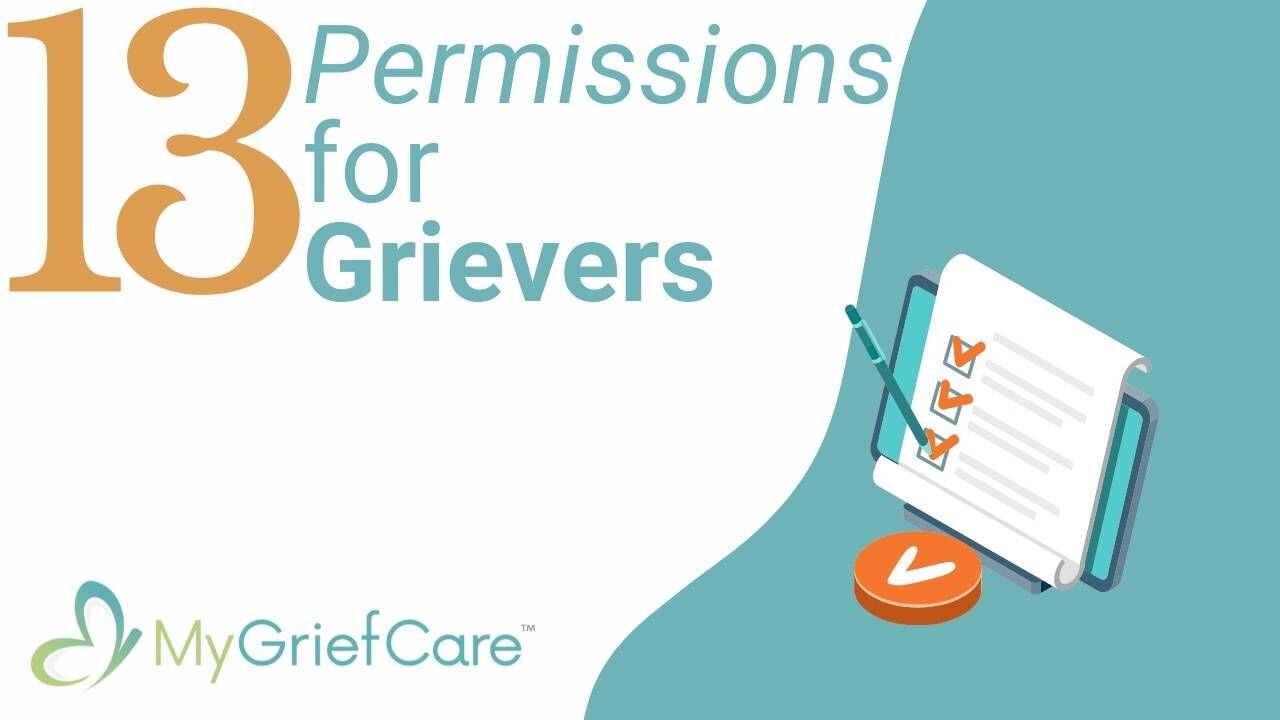
Permissions for Grievers
-
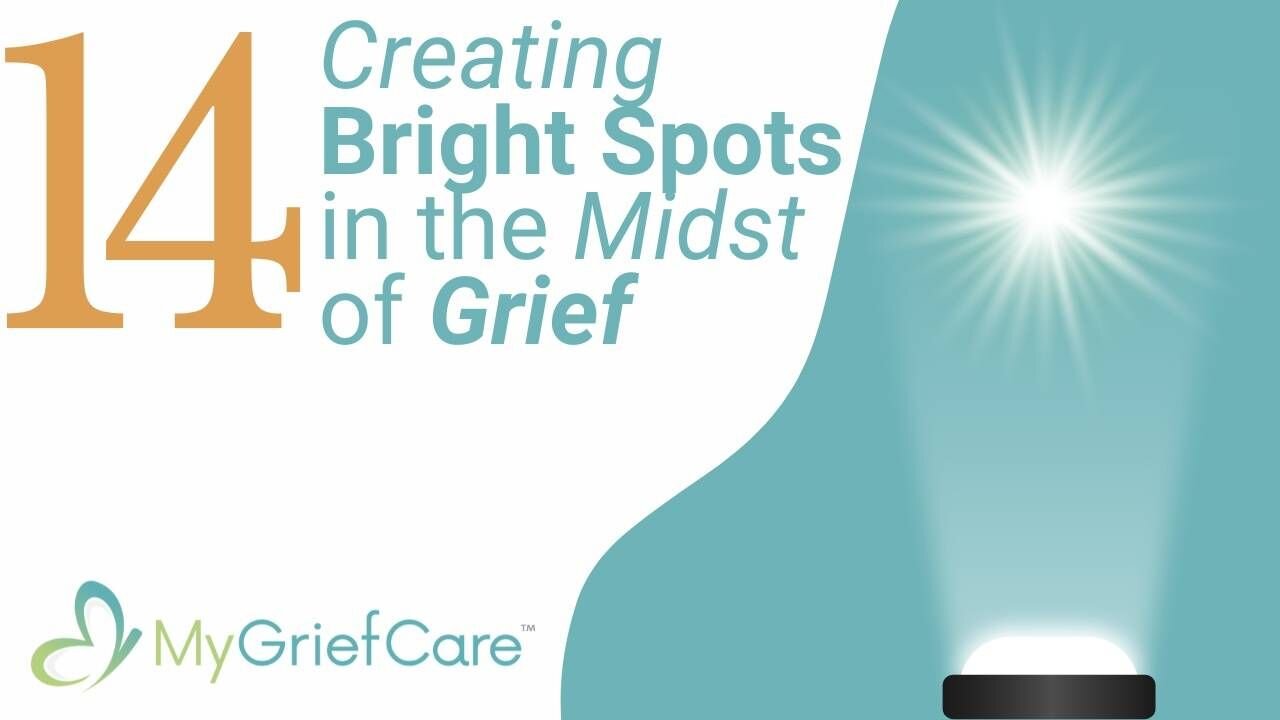
Creating Bright Spots in the Midst of Grief
Episode 6 : Grievers Don’t Need to be Fixed
Downloads
Episode NotesGrievers Don't Need to be Fixed
Do you feel broken, as if there is something wrong with you and it will not be right until you are fixed? Just because we feel broken as a result of the loss we have experienced does not mean that there is anything wrong with us. Overcoming the perspective of needing to be fixed is a big step in the grieving process and is critical to restoring hope for the future.
You may be thinking, What’s the matter with me? Why can’t I improve faster? I will never be okay. Even if you feel broken, there is nothing wrong with you. Your heart is breaking as a result of a devastating loss and that is understandable and appropriate. Where you are now and how you are feeling is most likely normal and common for what you have gone through, even though it might be concerning to you and others.
So I am going to say it again, You do not need to be fixed. You don’t have a shattered brain. You’ve got a shattered heart. You must grieve, and you may need support in doing so in a healthy manner.
We’re not going to try to fix you. We want to love you exactly where you are, to support and encourage you as you grieve and figure out how to integrate this heartbreaking loss into your life through active healthy grieving and time – in your time.
You, my friend, must be heard. You need support. You must grieve.
STEPPING STONE:
If you feel,or sense others feel like you need to be fixed, how can you shift your thinking and how would that impact you?
How could that change your expectations of yourself and the grief journey?
REFLECTION:
Grievers don’t need to be fixed, they need to be heard and supported – and they need to grieve. That’s the only way to mend a broken heart.
